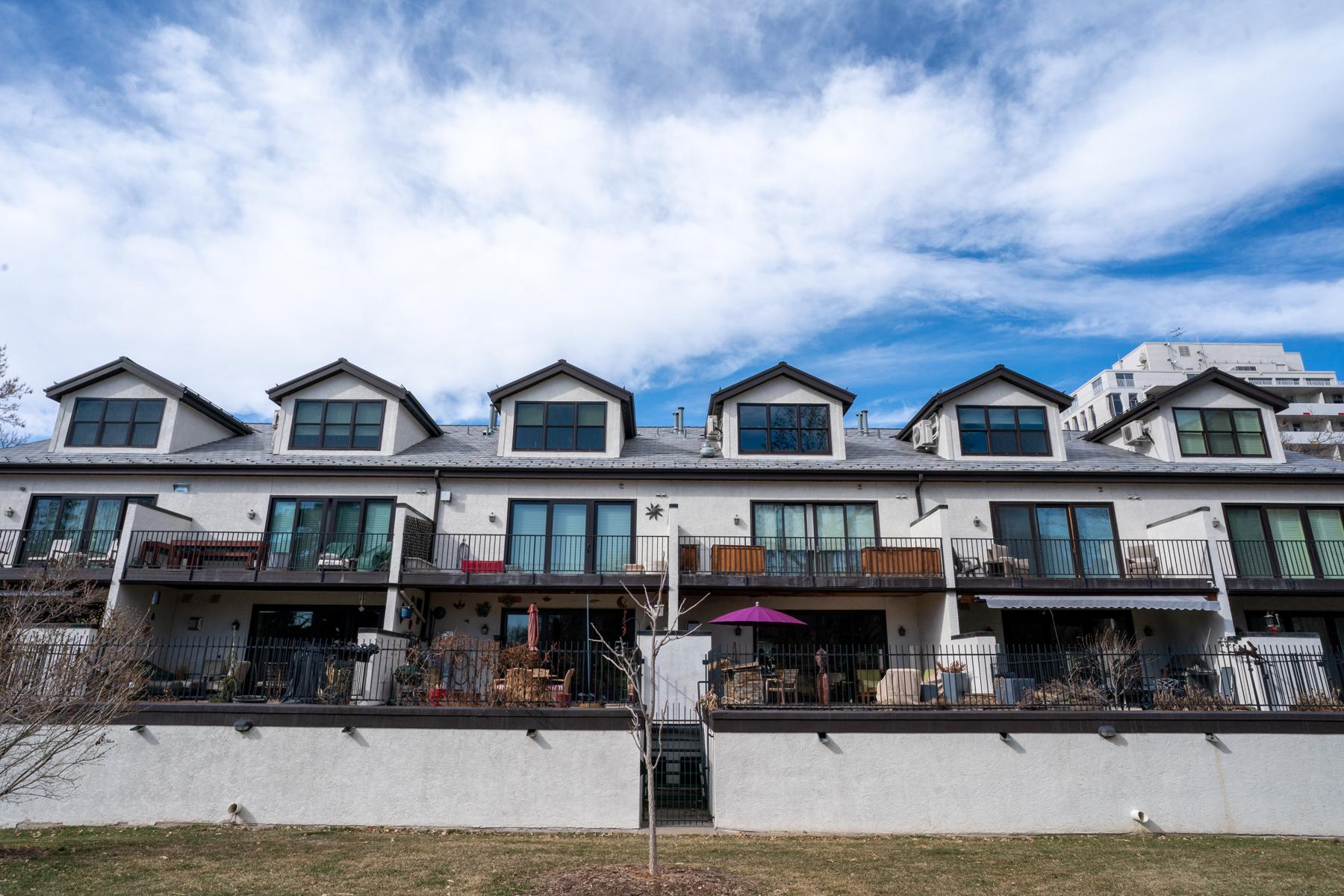
When likely voters first hear about Democrats’ plan to rearrange billions of dollars of taxes, a narrow majority of them like it, a recent survey found. About 54 percent of voters said they supported Proposition HH after learning its most basic details.
But as they learned more, the poll found that support weakened — showing Colorado may be heading for a tough fight this fall over property taxes, schools, local governments and, of course, TABOR refunds.
“You're in tossup territory,” said pollster David Flaherty of Magellan Strategies. “The electorate currently is highly uninformed about it. When they hear the top-line message, they generally like it. When they hear a lot of the details, they dislike it.”
The online poll included about 660 likely voters. First, the respondents were asked to read the language that will appear on their ballots this November.
The measure was written by the Democratic legislature. Its text focuses on the idea that the measure will “reduce property taxes,” and “use a portion of the state surplus” to minimize the impact of the cut on schools and other districts.
That ballot language got the support of about 54 percent of respondents. Another 34 percent said no, and 12 percent were undecided, with a margin of error of about 4 percent.
But the survey then told the respondents more about different parts of the measure.
Most notably, Proposition HH will raise the state’s annual spending cap. After 10 years, the general fund could be up to $2.2 billion larger as a result of Prop. HH, with the extra money mostly going to schools to ensure their finances aren’t affected by the property tax cuts, and similar but more limited money for cities. The measure could also increase school spending, if the economy is strong.
The idea of raising the TABOR cap is popular among Democrats, the poll results suggest, with 65 percent saying it actually improved their opinion of Proposition HH. But Republicans despised the idea, with about 75 percent saying it turned them against the measure.
Ultimately, the respondents were split on the proposal: 43 percent said they supported it after taking the survey, 46 percent opposed it, and the rest were undecided. That’s the statistical equivalent of a tied game, since the difference is smaller than the survey’s margin of error.
The measure could easily pass or fail, Flaherty said.
Prop. HH is a top priority for Gov. Jared Polis and other leading Democrats. They have positioned it as their response to eye-popping increases in property tax bills this year. But it also could be the biggest change to TABOR in nearly 20 years, with some Democrats hoping it will raise school funding levels in the long term.
The challenge for Democrats will be explaining why a property tax cut should come with so many other conditions, Flaherty said.
“Its complexity is what weighs it down. That's the No. 1 thing at this time,” he said.
Voters this November will likely skew older and wealthier, since it is an off-year election that doesn’t include any of the federal or state-level races that attract younger voters, Flaherty said. Many of those likely voters would benefit from the property tax cut, especially since it comes with expanded benefits for seniors. But they’ll also be more conservative than the rest of the state, making it tougher to sell them on TABOR changes.
A conservative coalition, Advance Colorado, is suing to keep the measure off the ballot, arguing that it’s unconstitutional because it touches too many subjects. Advance Colorado is also preparing a political campaign against the measure.
Prop. HH still has more support than it has opposition, said Michael Fields of Advance Colorado, who will head up the group’s opposition campaign. “All the work is still in front of us, but there's a clear path to defeating it.”
The measure’s supporters also are gearing up their own campaign. But neither the “yes” or “no” campaigns have reported any fundraising or spending yet, with the election fight not expected to truly begin until Labor Day, early in September.
“It’s really critical that we pass it so that the state can be on a stable financial path and respond to this very critical moment for small businesses, for homeowners, for renters, for homeowners,” said state Sen. Chris Hansen, a Democratic sponsor.
That will include clear explanations of how all the moving parts could affect voters, from TABOR refunds to property taxes, he pledged.
“I think we've been doing a lot of work around how to communicate this clearly to the voters,” he said.









